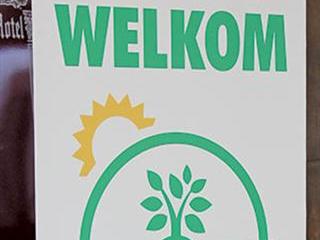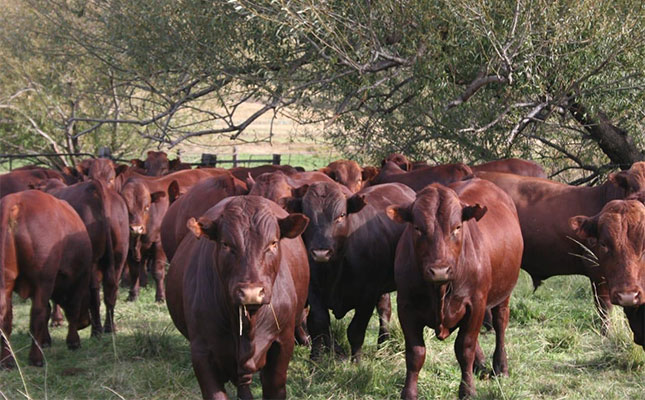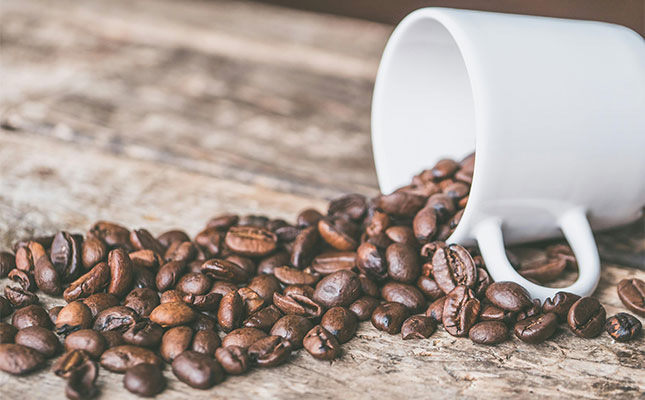According to a global statistic, livestock are said to contribute 18% of all GHG emissions, which is apparently more than every form of transportation combined. However, in South Africa, Dr Bob Scholes, of the Council for Scientific and Industrial Research, said livestock emissions are a long way behind emissions from transport, electricity generation, and the petrochemical industry.
They are, however, in the same order as emissions from the iron and steel industry. Livestock emissions in South Africa are among the top 10 GHG sources, he said. Variation around the exact emission figure is about 15%. South Africa’s emission figures have been calculated, but aren’t yet publicly available. Dr Scholes said the figures are contained in an official inventory giving a breakdown of ruminant and transport emissions which is on its way to cabinet and which could be released before the end of the year.
Dr Stephanie Midgley, Oneworld Sustainable Investments’ head of science, said the 18% statistic is very controversial. “Livestock do make a substantial contribution to global GHG emissions, but you have to be much more specific about the type of feeding system employed – range fed or feedlot.”She also said that the UN’s Food and Agriculture Organisation say areas in Africa will become unsuitable for cropping in the future and farmers will have to resort to livestock farming for their livelihoods.
“If done properly, there’s no reason why that should be a bad thing,” she said. Reducing livestock farming wouldn’t necessarily do the ecology a favour, as African rangelands need grazing. “The GHG consequence of livestock farming is less than irrigation schemes, which use huge amounts of fertiliser.” The campaign said if every South African goes meat-free one day a week, 11 200 cattle, 2 million chickens, 10 000 pigs and 22 300 sheep wouldn’t be slaughtered each week. SA Poultry Association CEO Kevin Lovell said 18 million birds are slaughtered each week in South Africa, so a 2- million reduction could have serious effects.
“Animal protein plays an important role in diet,” he added, noting it’s generally understood the minimum amount of protein a person should eat is between 0,8g/ kg and 1g/kg of body mass per day. Because of meat’s nutritional value, it’s good to include it in your diet. “We consider campaigns such as this to be quite silly and dangerous for the economic health of our country.”







